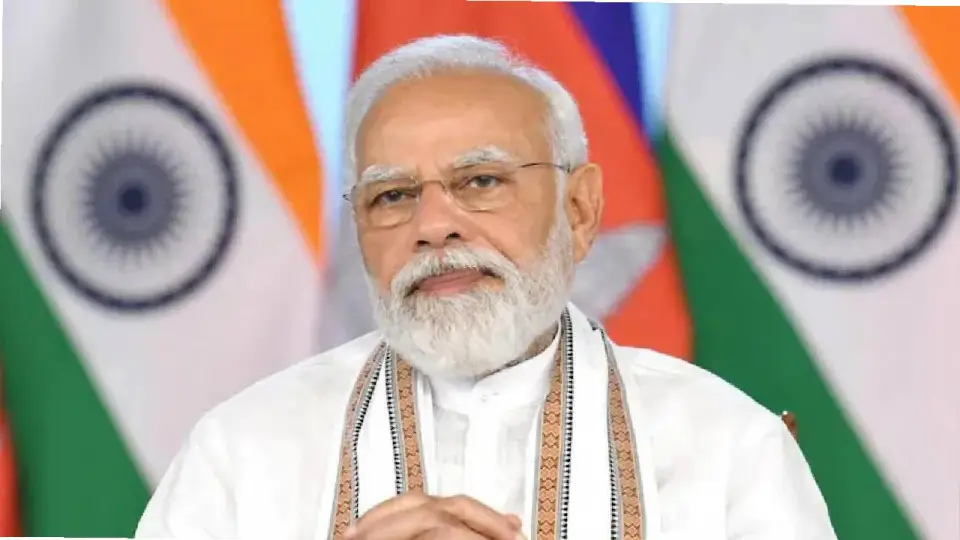
Credit:Top Indian News
National News: Prime Minister Narendra Modi has strongly questioned the Congress party about decisions taken after the 2008 Mumbai terror attacks. Speaking at the inauguration of Navi Mumbai International Airport, Modi said the UPA government at the time stopped the Army from retaliating against Pakistan. According to Modi, the country deserves to know why such a decision was taken. He referred to the recent statement of former Home Minister P. Chidambaram, who admitted that pressure from foreign countries influenced India’s response after the deadly attack. Modi said this weakness cost many innocent lives in the years that followed.
The debate began when Chidambaram shared in an interview that he had initially supported the idea of a military response against Pakistan after 26/11. However, he said Prime Minister Manmohan Singh and the Ministry of External Affairs decided against it. Chidambaram mentioned that international pressure, especially from the United States, played a big role in holding India back. He revealed that US Secretary of State Condoleezza Rice even came to Delhi to convince Indian leaders not to start a war. Modi used these statements to target Congress, accusing it of giving in to foreign powers.
During his speech, Modi stressed that nothing is more important than the safety of Indian citizens. He argued that India’s security forces were ready to act after 26/11 but were stopped due to weak political leadership. He added that the decision not to retaliate gave strength to terrorists. According to Modi, Congress’s mistakes forced the nation to pay with the blood of its people. He asked the party to openly explain who took the final call and under whose influence. The comments drew sharp political reactions.
In his interview, Chidambaram explained that the discussions inside the UPA government were intense. He said he personally felt that some action of retribution was needed. However, the final conclusion was that India should respond diplomatically rather than militarily. He added that the Prime Minister, along with senior diplomats, believed that war would hurt India more. Chidambaram clarified that the decision was not his alone but a collective stance. His words, however, gave the BJP an opportunity to revive questions over Congress’s record on national security.
The BJP quickly used Chidambaram’s remarks as a weapon against Congress. Modi said it was proof that the UPA government acted under foreign pressure. According to him, India’s image was weakened at a critical time when bold action was required. BJP leaders argued that this is why the people trust Modi’s government more on matters of security. They claimed that today India shows zero tolerance for terrorism. The political blame game has once again brought 26/11 back into headlines, nearly 17 years after the attack.
The mention of Condoleezza Rice has made the issue even more sensitive. Modi demanded that Congress must clarify what exactly was said by foreign leaders and why India obeyed. Critics argue that while international diplomacy plays a role, a sovereign nation must decide independently. For many citizens, the idea that India’s hand was tied by another country is deeply disturbing. Political observers believe that this issue could impact voters ahead of upcoming elections, as national security remains a top concern.
As the war of words continues, citizens are left with tough questions. Why was India stopped from punishing the masterminds behind 26/11 immediately? Did foreign pressure matter more than Indian lives? Modi’s sharp attack has placed Congress in a defensive position. Meanwhile, Chidambaram’s remarks have opened old wounds from one of the darkest chapters in India’s history. The debate has reignited emotions across the country, reminding people that terrorism is not just about one attack but about how a nation responds to protect its future.
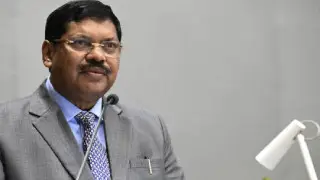
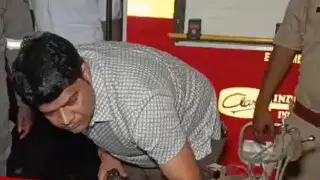
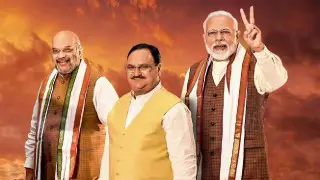
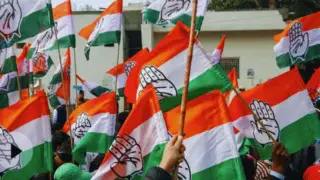
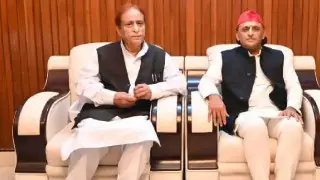








Copyright © 2025 Top Indian News
